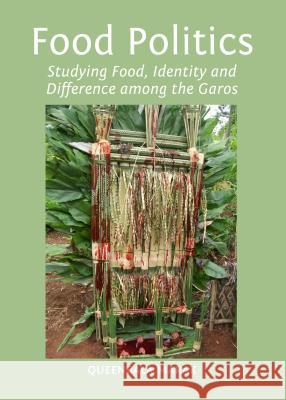Food Politics: Studying Food, Identity and Difference Among the Garos » książka
Food Politics: Studying Food, Identity and Difference Among the Garos
ISBN-13: 9781443857109 / Angielski / Twarda / 2014 / 194 str.
Food Politics: Studying Food, Identity and Difference Among the Garos
ISBN-13: 9781443857109 / Angielski / Twarda / 2014 / 194 str.
(netto: 220,90 VAT: 5%)
Najniższa cena z 30 dni: 223,04
ok. 30 dni roboczych.
Darmowa dostawa!
Food and eating have always been endowed with meanings. It is one of the most visible and important symbols of identity and difference, uniting the members of a community and segregating them from other communities. This inclusion and exclusion can be observed not only in what they eat or what they are known to eat, but also how they eat, how they prepare and serve their food, and what happens after food is taken. The study of food politics and questions of identity and difference can, therefore, be a means of understanding the underlying social relations in any culture and its quiescent philosophy.This ethnographic work discusses the politics inherent in food among the Garos of Assam (India) and Bangladesh. In these two areas, they live as a minority, and with and in the peripheries of a dominant non-Garo culture. Thus, this book examines the ways in which Garos conceptualize themselves and the 'other' world through the microcosm of food - the most important need of all. It discusses, among other topics, how the concepts of Garo food versus non-Garo food find fruition in social reality and collective memory, as an identity marker.











